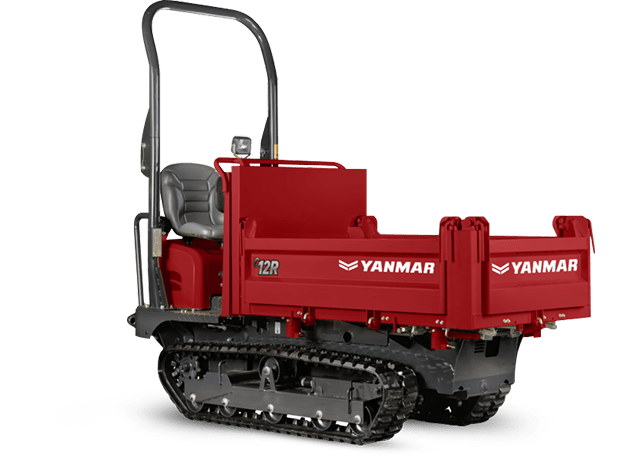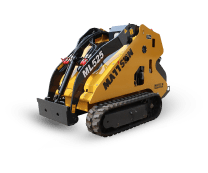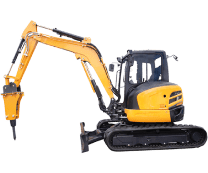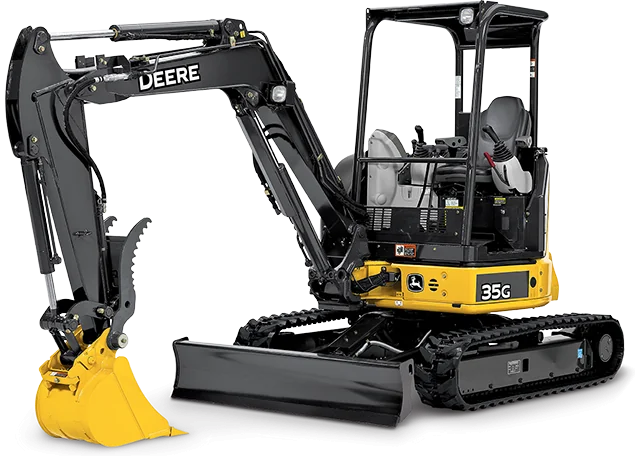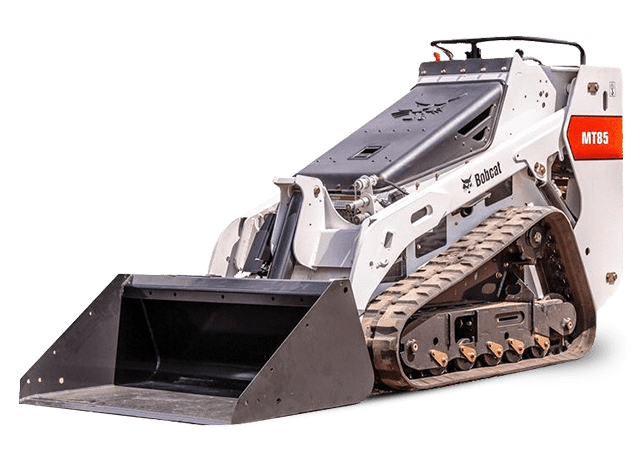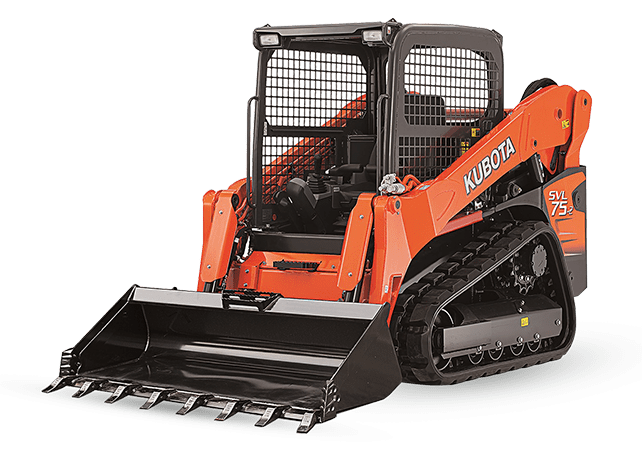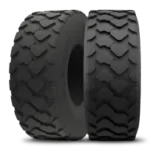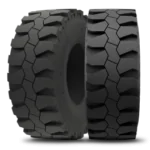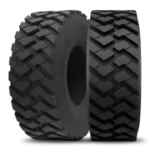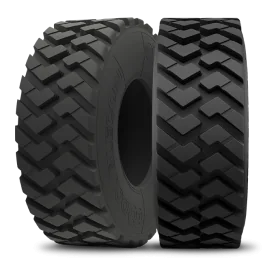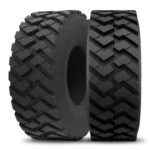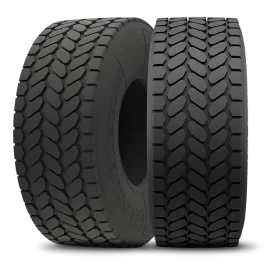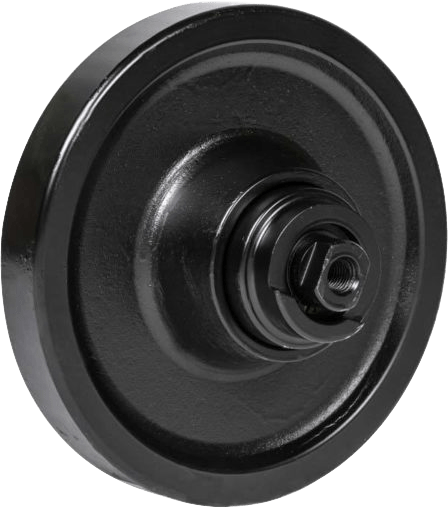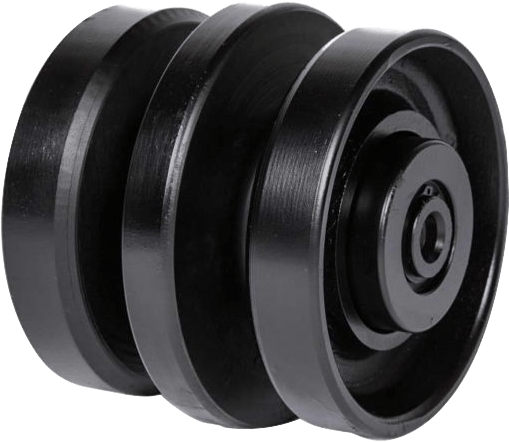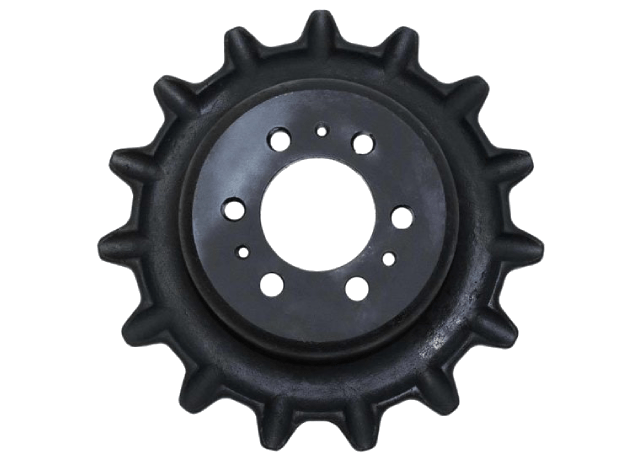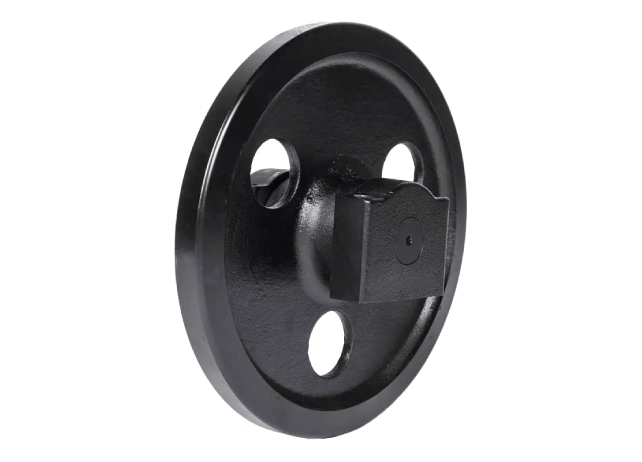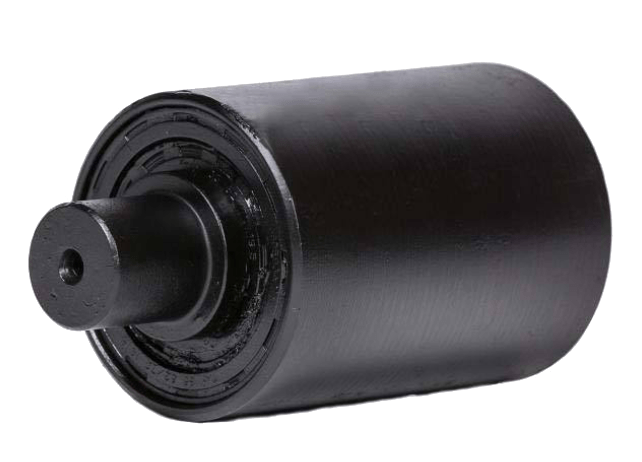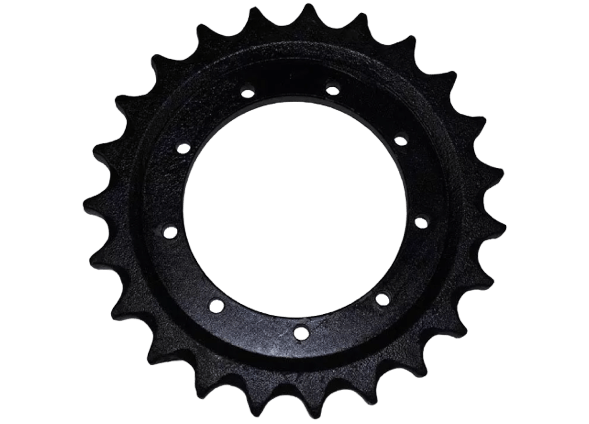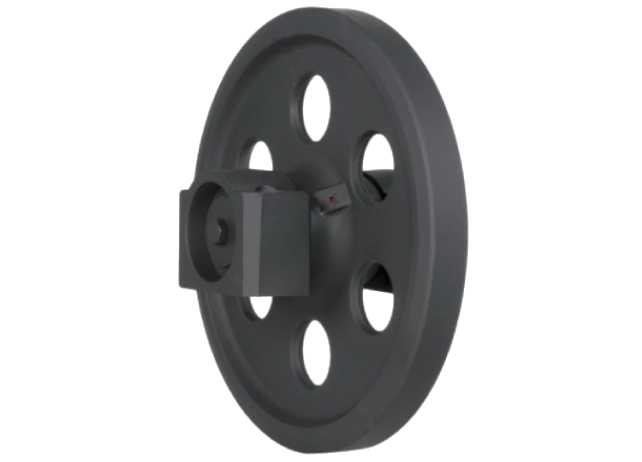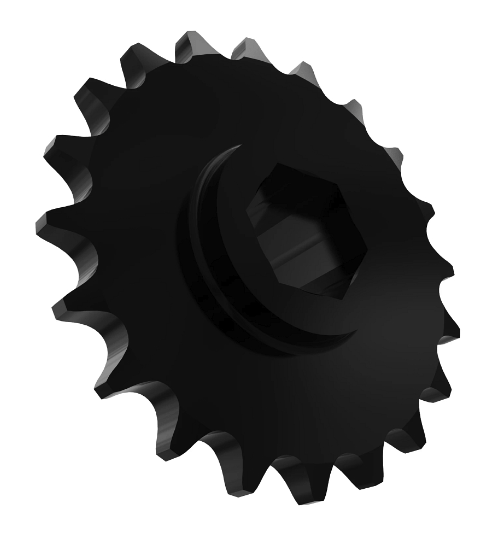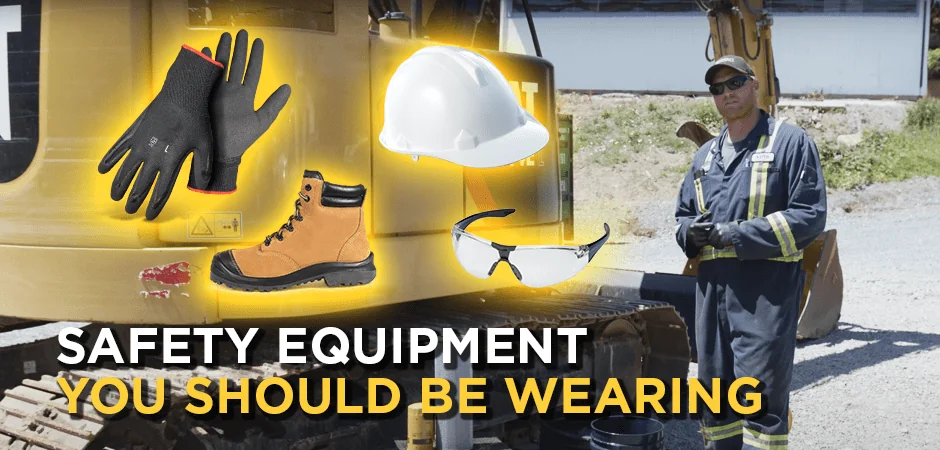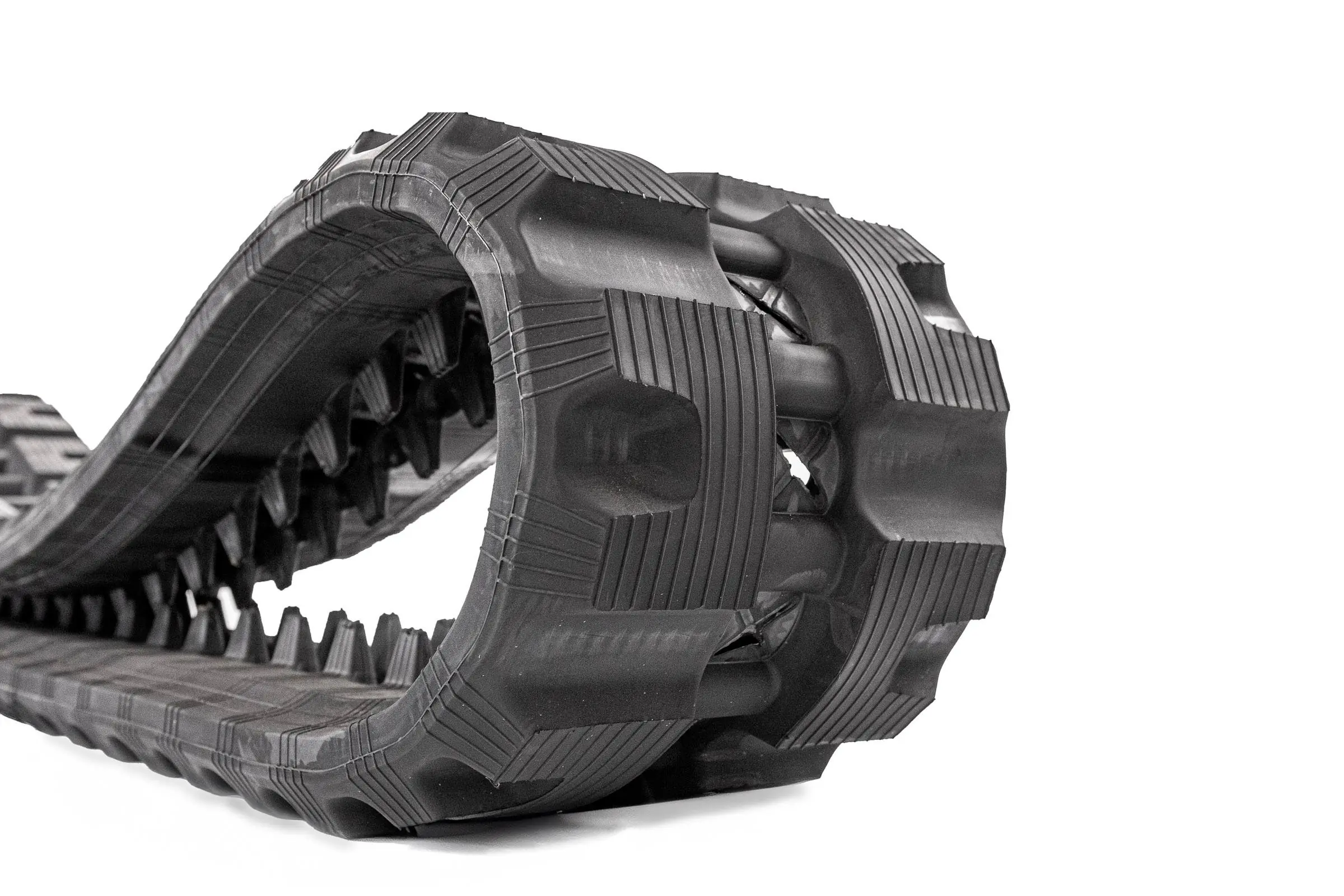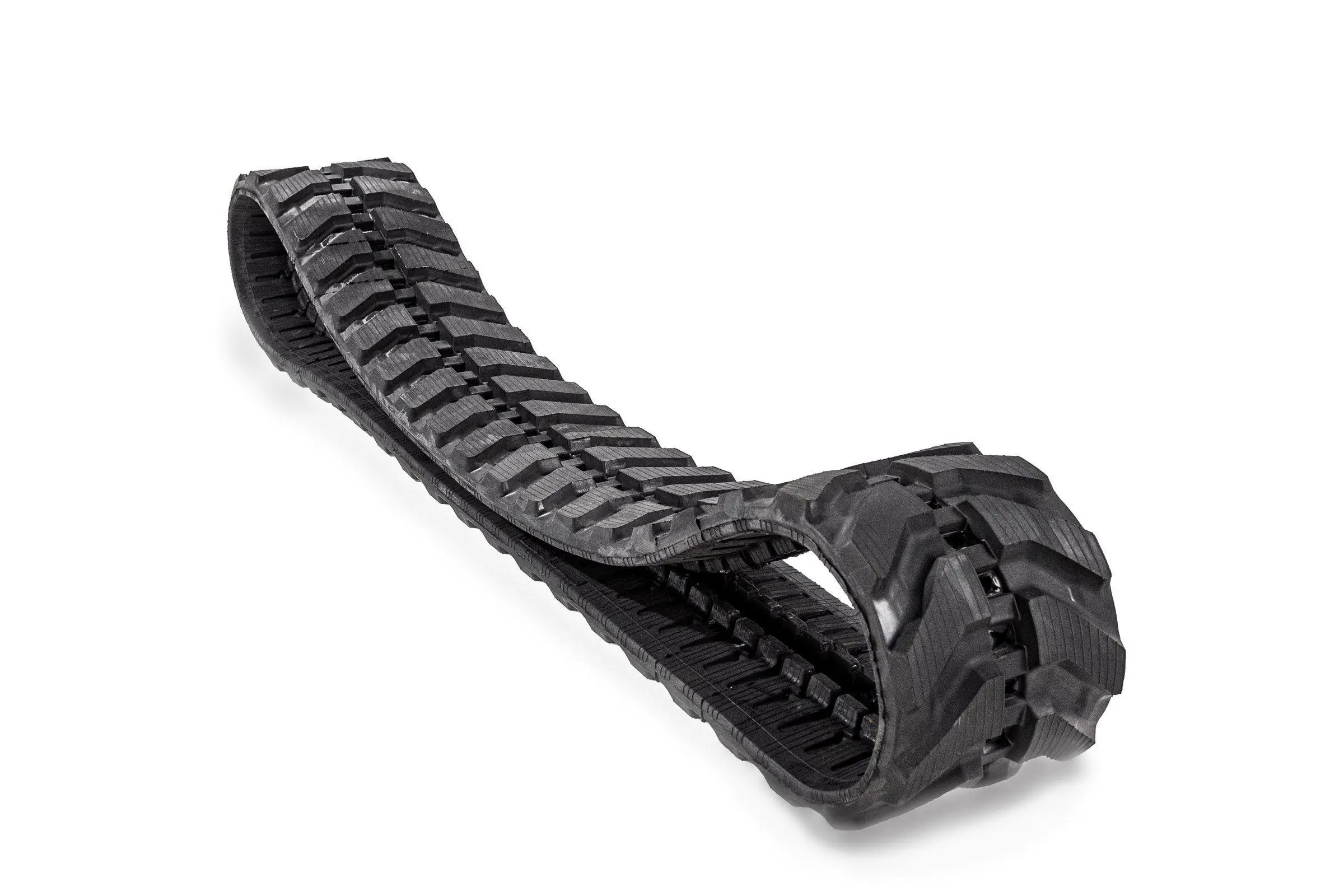When working on any commercial construction site, small residential project, or maintenance job, you want to use the right types of safety equipment. The equipment may help to protect you from serious injuries or even death. Here are items to use when performing any repair or maintenance job.
Table of Content
Personal Safety Gear
Steel-Toed Boots
Steel-toed boots protect the feet to protect them from heavy parts and heavy tools. You want to protect your feet for the rest of your life.
Safety Glasses
Safety glasses sometimes look like sunglasses. They are designed to protect the eyes from oil splashes or flying pieces of metal if parts or tools should break when handling them. The glasses will protect the eyes.
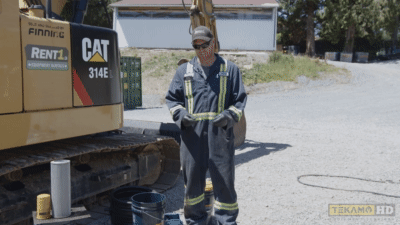
PPE Clothing
The gloves are designed to protect your hands from chemicals when performing maintenance, refilling tanks, and changing oils. The gloves aren’t typically designed to protect the hands from cuts, so continue to be careful when using sharp tools, handling sharp parts, or working near moving equipment. They will protect the skin from absorbing cleaning chemicals and other substances.
Hard Hats
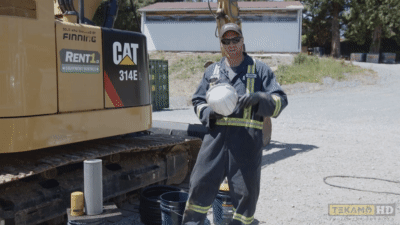
When working on job sites or equipment maintenance, you should wear hard hats to protect the head from falling tools and materials. You also want to protect yourself from overhead equipment and from machines with booms such as excavators, a hard hat can protect you when bumping your head and falling materials so as not to experience injuries or death.
Disposal
Also, you need to be responsible when disposing of used oil, old oil filters, and dirty rags that may be soaked with chemicals. These items should never go into ordinary garbage as they can harm the environment. Always dispose of contaminants properly.

